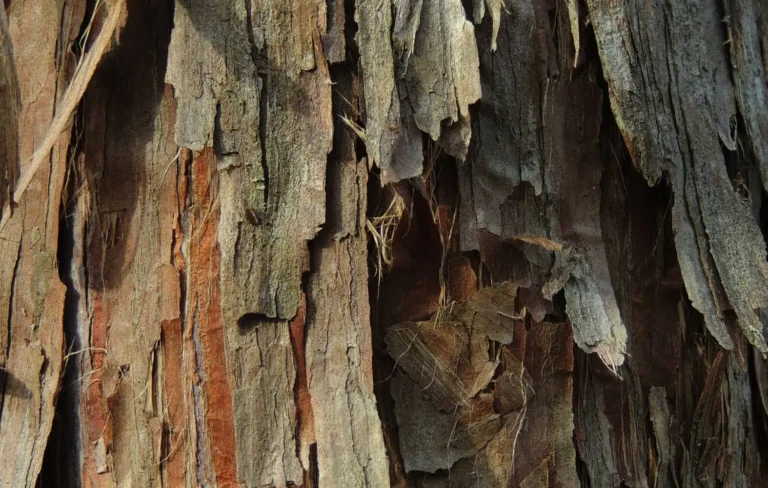Citronella Essential Oil

Cedar Wood Essential Oil
Cedar (Cedrus atlantica)
Plant Family Cupressaceae (Coniferae)
Synonyms
Atlas Cedar, Texas Cedar, Virginian Cedar
Origin
Cedarwood has been valued since ancient times and the trees mere used to build temples including the temple of Solomon. The wood was prized for building because it is ver y hard and the natural oils present in the wood repel insects. Cedarwood essential oil was one of the earliest to be extracted, and was used by the Ancient Egyptians in cosmetics perfumes and in the mummification process.
Extraction Method
Steam distillation of the wood and sawdust. It is necessary up to 30 kg of Cedar wood to obtain 1 kg of essential oil.
Nature of the Oil
Cedarwood oil may be yellow or amber and is quite viscous. It has a slightly sweet, oily-woody smell that becomes more woody as it dries out.
Perfumery Note – Base. The aroma lasts more than one week.
Main Constituents:
| Thujopsene | 25.0 – 46.8% |
| alpha-Cedrene | 22.6 – 30.7% |
| Cedrol | 12.2 – 19.1% |
| beta -Cedrene | 5.5% |
| Cuparene | 1.7 – 1.9% |
| Widdrol | 1.1 – 1.6% |
| alpha -Chamigrene | 1.2 – 1.5% |
| alpha -Selinene | 0 – 1.5% |
| beta -Himachalene | 1.1-1.4% |
| beta -Chamigrene | 0 – 1.1% |
Properties
Antiseptic, antiputrescent, antiseborrheic, astringent, circulatory stimulant, diuretic, expectorant, fungicidal, sedative.
Therapeutic Properties
Cedarwood is very warming as well as regenerating, tonifying, soothing and uplifting. The balancing nature of the last two properties makes it excellent in the treatment of nervous tension, chronic anxiety, depression and tiredness; it may be added to massage and bath oil blends and steam inhalations, and it is also a pleasant room fragrancer.
Its regenerative properties make cedarwood useful in the treatment of chronic conditions such as arthritis — blend with other appropriate oils in a base oil and use for massage or as a compress. It is tonifying where there is weakness combined with excessive discharges, such as chronic diarrhoea or excessive urination, in which case it should be applied in a massage oil over the abdomen. Combined with sandalwood and used in the bath or as a douche, cedarwood may also be used to treat cystitis.
This oil will help to stimulate delayed periods, and its antiseptic properties also make it a good treatment for leucorrhoea, discharges and venereal infections. Add a few drops to the bath to bring relief to puritis. In a therapeutic compress it will prevent putrefaction in wounds, ulcers including varicose ulcers, and any skin infection where the skin is degenerating.
Cedarwood has a beneficial effect on the mucous membranes, especially when there is excessive catarrh, and can be used to treat coughs and bronchitis. Use as a steam inhalation or burn in the room.
Its combination of antiseptic and astringent properties mean that cedarwood is a good treatment for oily skin and hair, acne, dandruff and scalp irritation, as well as fungal infections of the skin such as athlete’s foot. It is also a parasiticide and may be combined with other oils to eliminate lice and scabies.
Aromatherapeutic Uses
Acne, oily skin and hair, dandruff, eczema, fungal infections, arthritis, rheumatism, respiratory disorders, cystitis, premenstrual syndrome, loss of menstruation outside pregnancy, nervous tension, stress-related disorders.
Psychological Profile
Cedarwood is appropriate if you have problems with self-identity or are prone to daydreams and fantasies which may become morbid or perverse. These will further increase the inability to integrate with the world and may even lead to mental degeneration. Cedarwood helps to give a stronger sense of identity and encourages interrelation with other people.
Blends Well With
Essential oils of Bergamot, Clary Sage, Cypress, Frankincense, Jasmine, Juniper, Neroli, Mimosa, Oakmoss, Rose, Rosemary, Vetiver, Ylang Ylang.
Our safety advice
Because of its high alpha-pinene content we recommend that oxidation of juniperberry oil is avoided by storage in a dark, airtight container in a refrigerator. The addition of an antioxidant to preparations containing it is recommended.
Cautions
Unlike the oil extracted from Virginian cedarwood, Atlas cedarwood oil is not known to be an abortifacient. None the less, the aromatherapy associations advise against the use of this essence during pregnancy. The oil may irritate sensitive skin.
Other varieties
There are two other varieties of cedarwood oil: Texas (Juniperus Mexicana) and Virginian (Juniperus virginiana) . While they share similar therapeutic properties with Atlas cedarwood, they can cause skin irritation and sensitization and are best avoided for aromatherapy.
References
1. C. Wildwood “The Encyclopedia of Aromatherapy”, Vermont, Healing Arts Press, 1996
2. R. Tisserand, R. Young, E. M Williamson “Essential Oil Safety. A Guide for Health Care Professionals”, Churchill Livingstone ELSEVIER, 2014
3. S. Curtis “Essential Oils”, AURUM, London, 1996
4. R. Balz “The Healing Power of Essential Oils”, LOTUS LIGHT SHANGRI-LA, Twin Lakes, 1996
5. Л.ГДудченко, Г.П.Потебня, Н.А.Кривенко «Ароматерапия и аромамасаж», «Максимум», Киев, 1999
